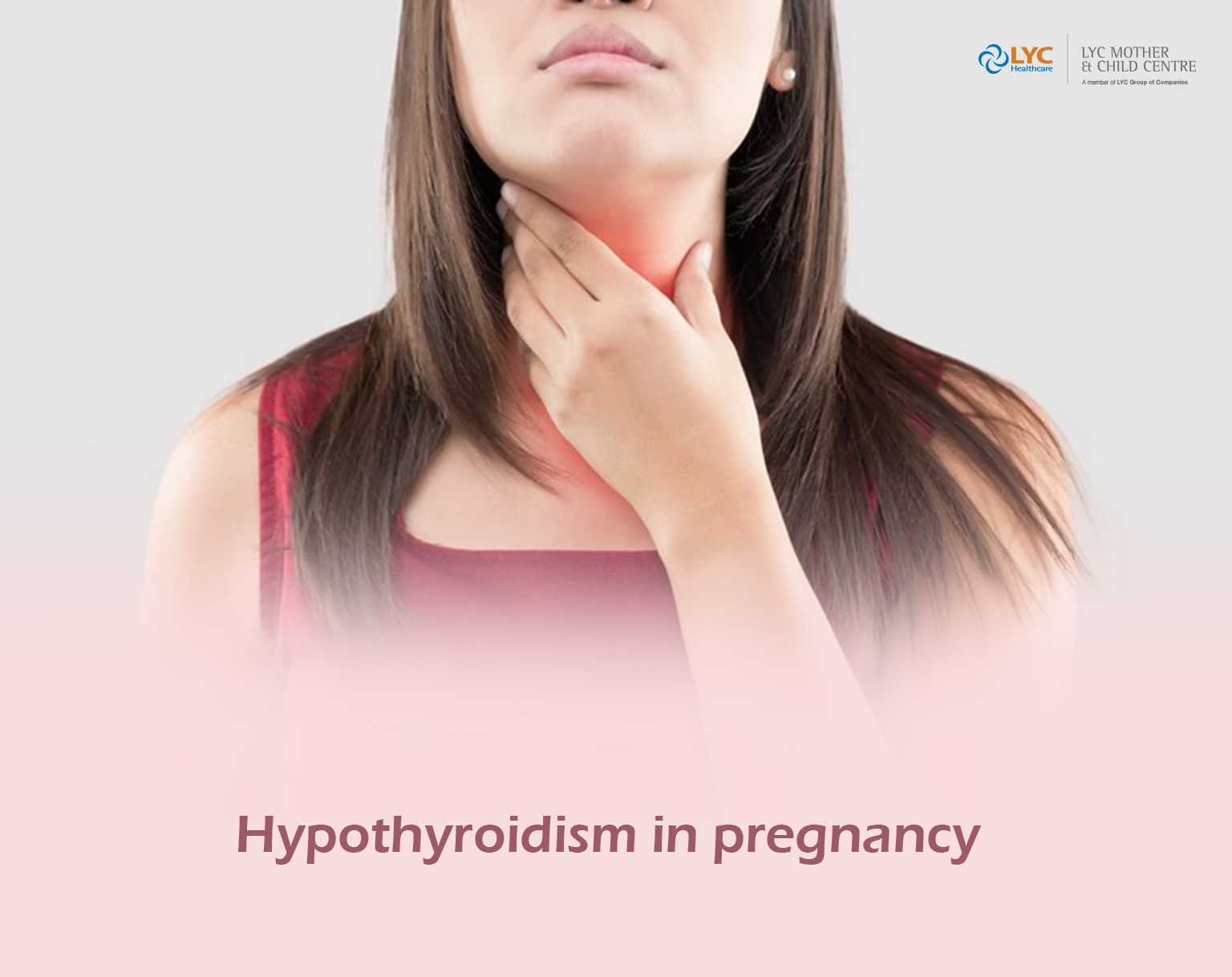
Hypothyroidism is a condition in which the thyroid gland does not produce enough thyroid hormones. The thyroid gland is a butterfly-shaped organ located in the front of your neck, wrapped around your windpipe. It is part of the endocrine system and is responsible for producing the necessary hormones to regulate the body's metabolism. These hormones control how the body uses and stores energy, and a lack of them can cause you to feel tired.
In about 95% of cases, hypothyroidism is due to a problem in the thyroid gland itself, known as primary hypothyroidism, most commonly due to Hashimoto's thyroiditis. It is an autoimmune disorder, in which the body's antibodies will mistakenly attack its own thyroid glands, resulting in hypothyroidism and significantly reduced hormone production.
Symptoms of hypothyroidism vary widely. Some people have very mild symptoms, while others have severe symptoms. Some of the common symptoms include:
Hypothyroidism can occur during pregnancy, and some of these symptoms are easily overlooked or attributed to the pregnancy itself. Hypothyroidism is known to increase the risk of miscarriage and is associated with other pregnancy complications, such as gestational hypertension, placental abruption, preterm delivery, and postpartum haemorrhage.
Not only does hypothyroidism affect your body, it can also cause significant damage and long-term complications to your baby, such as abnormal heart rates and low birth weight. Thyroid hormones are essential for your baby's brain development as your baby initially relies on your thyroid hormones, as their own thyroid glands do not function until after the third month of pregnancy.
If your hypothyroidism is not treated, there is a chance that the baby will be born with congenital hypothyroidism, leading to severe developmental, cognitive and neurological abnormalities. In severe hypothyroidism, the baby's brain development is also affected, and intellectual abnormalities and developmental delays may occur.
Although hypothyroidism cannot be prevented, complications can still be controlled and alleviated by getting diagnosed early during your pregnancy and getting treated by a doctor. Therefore, it is best to identify possible symptoms of hypothyroidism as early as possible and consult a doctor.